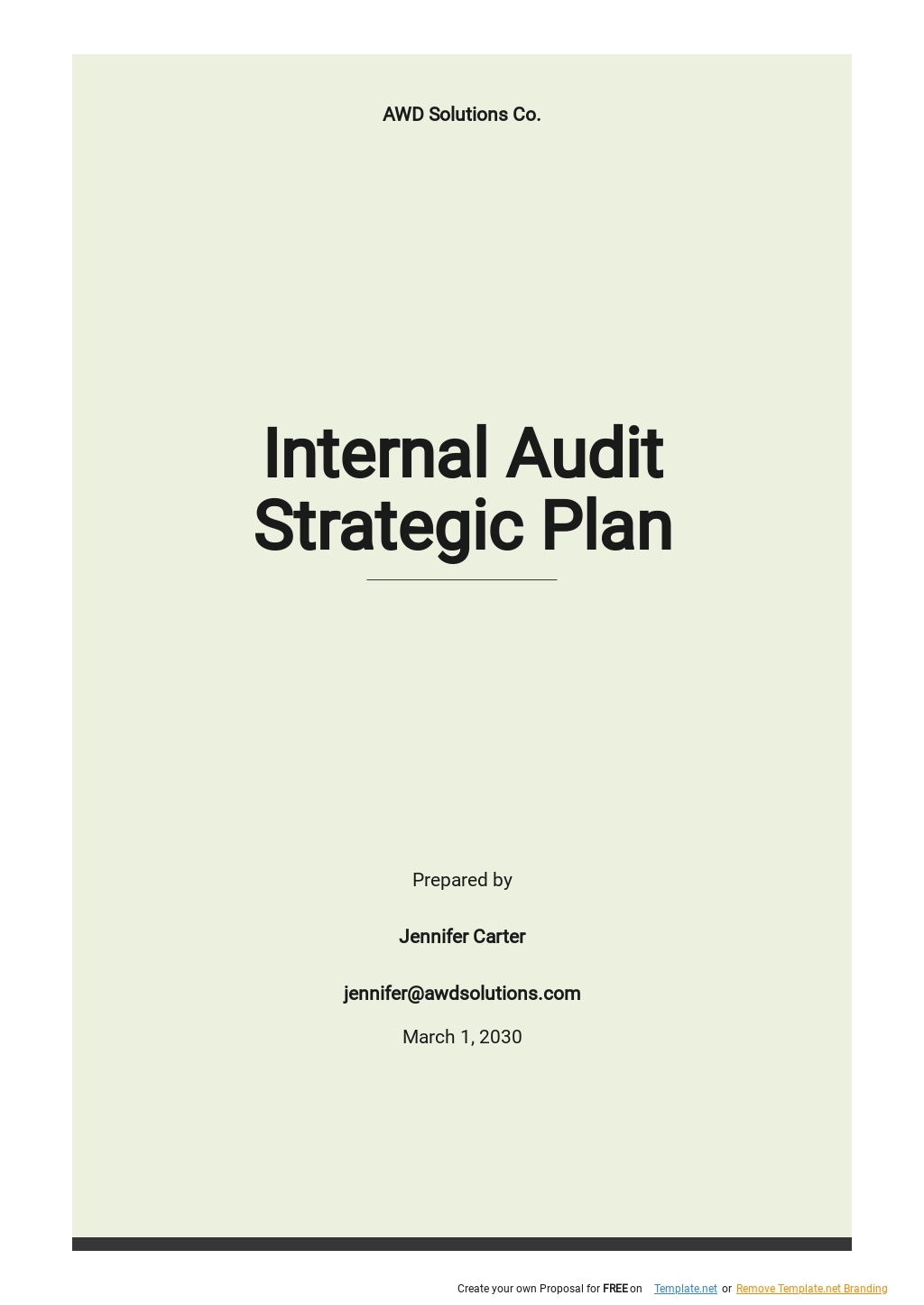When conducting an audit, it is crucial to have a well-defined plan in place to ensure that all necessary steps are taken and all relevant areas are covered. An audit plan template serves as a roadmap for the audit process, outlining the objectives, scope, resources, and timelines for the audit. By using a template, auditors can streamline the planning process and ensure consistency in their approach.
Developing an audit plan template requires careful consideration of the specific requirements of the audit, as well as the industry standards and regulations that need to be followed. The template should be flexible enough to accommodate changes in scope or objectives, while also providing a clear framework for conducting the audit in a systematic and thorough manner.
Audit Plan Template
Here are some key components that should be included in an audit plan template:
1. Objectives: Clearly define the goals and objectives of the audit, outlining what the audit aims to achieve and the specific areas that will be examined.
2. Scope: Identify the scope of the audit, including the processes, functions, and activities that will be reviewed, as well as any limitations or exclusions.
3. Resources: Outline the resources that will be required to conduct the audit, including personnel, tools, and technology, as well as any external support that may be needed.
4. Audit Criteria: Define the criteria that will be used to evaluate the effectiveness and compliance of the audited areas, based on industry standards, regulations, and best practices.
5. Timeline: Establish a timeline for the audit, including key milestones, deadlines, and deliverables, to ensure that the audit is completed within the specified timeframe.
By using an audit plan template, auditors can save time and effort in planning their audits, while also ensuring that all necessary steps are taken and all relevant areas are covered. The template provides a structured framework for conducting the audit, helping auditors to stay organized and focused throughout the process.
In conclusion, an audit plan template is a valuable tool for auditors to plan and execute their audits effectively. By including key components such as objectives, scope, resources, audit criteria, and timeline, auditors can ensure that their audits are thorough, systematic, and compliant with industry standards. With a well-defined audit plan template in place, auditors can streamline their planning process and achieve successful audit outcomes.
